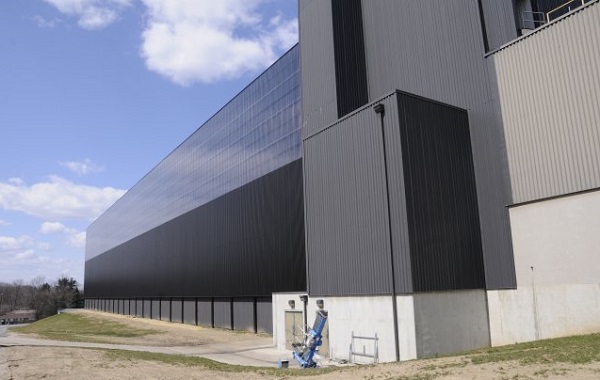Over on the left, you’ll occasionally see arguments break out over whether President Obama is doing enough to move the U.S. from using fossil fuel-sourced energy to using renewables. It’s certainly a subject that can be debated, but one thing that needs to be part of the debate is an awareness of all of the not-sexy, not-front-page renewable energy development that the administration is aggressively pushing.
Which is why we’re writing, again, about the dry-as-paint topic of Renewable and Alternative Energy Power Production for DoD Installations using Multiple Award Task Order Contracts.

The Army said this week that it had awarded MATOCs to 22 solar contractors as part of the $7 billion renewable energy buy that the administration is pursuing.
Now, to be clear, this is an initiative that has its roots in Bush 43-era legislation, the Defense Authorization Act for fiscal year 2007 – passed in 2006 under a Republican Congress and signed into law by President George W. Bush – that codified the military’s goal to “produce or procure not less than 25% of the total electric energy it consumes during FY2025 and thereafter from renewable energy sources.”
Building on that, in April 2012 President Obama vowed that the U.S. would deploy 3 GW of renewable energy – comprising solar, wind, biomass and geothermal – across all the services by 2025.
The administration has since been working step-by-step to develop the program, which began in earnest earlier this year with action on the geothermal front. Wind and biomass will come later this year.
“The MATOC represents a major step forward in the procurement of renewable energy for the Army and the other Services that will significantly reduce timelines by streamlining acquisition processes. Utilizing the MATOC in this way will assist the Army Energy Initiatives Task Force in meeting the Army’s goal for 1 gigawatt renewable energy by 2025 as well as additional Congressional mandates,” said John Lushetsky, EITF’s Executive Director.
An important point that bears repeating is that these deals won’t lead to the Army owning renewable energy generating facilities; instead, the developers, using private financing, will. In a sense, the Army will take advantage of the kind of utility-bill-trimming arrangements that are driving so many companies and homeowners to go solar these days. This financing allows the military to join in the distributed energy bonanza.
You can see the list of the companies in this Army program here.